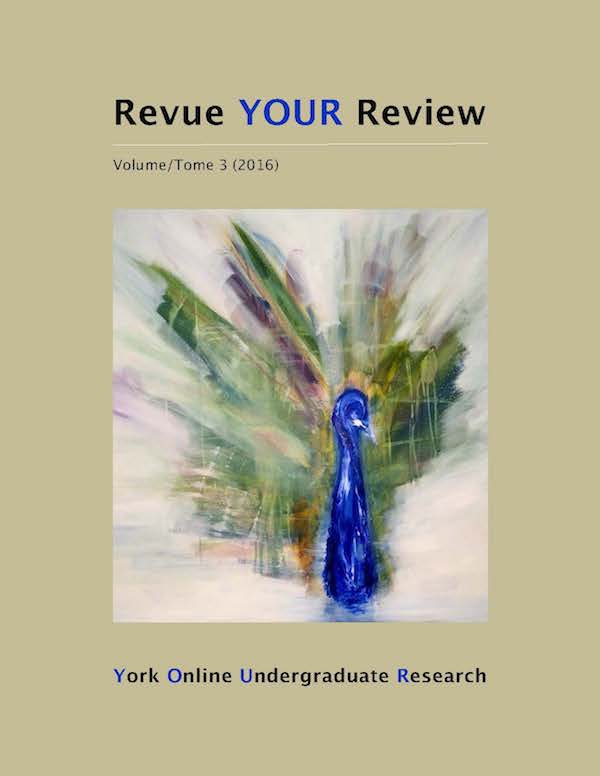Control Shift: A Puzzle-Platformer Videogame Utilizing Multiple, Unique Control Schemes
Résumé
Control Shift is a puzzle-platformer videogame in which players utilize multiple, unique control schemes in concert with one another to solve challenges and overcome obstacles. The intent of Control Shift is to explore the areas of Human-Computer Interaction (HCI) and cyberpsychology in relation to videogames. This exploration is embedded into the game as players assume the role of a prototype robot tasked with navigating various environments that are intended to test the limits of the robot’s endurance and capabilities. The player is encouraged to investigate the abilities at their disposal by exploring three different control schemes presented to them. The effects that the player triggers and the implications of these effects may not be readily understood, as the player can only discover how to master their abilities by continuing to explore and progress in the game. Players become Control Shift virtuosos as they begin to perceive the three different control schemes as one intricate interface. Control Shift is a unique project in that it fundamentally revolves around the notion that videogame controllers are meant to be transparent in the gameplay experience. Rather than being thoroughly utilized in videogames to create challenging and thought provoking gameplay puzzles, most videogames disregard the gameplay opportunities available through using a videogame controller in new and unconventional ways. It is from this situation that Control Shift developed: as a game that revolves completely around the controls. The authors suggest that Control Shift is a new type of gaming experience, one that draws upon creative use of physical interactive devices to produce a rewarding and entertaining experience for players.Téléchargements
Comment citer
Numéro
Rubrique
Licence
Les auteurs qui contribuent à la Revue YOUR Review acceptent de publier leurs articles selon une des trois catégories de la licence 4.0 : Creative Commons Attribution 4.0 International; Creative Commons Attribution-Pas d'Utilisation Commerciale 4.0 International; ou Creative Commons Attribution-Pas de Modification 4.0 International. Tout contenu éditorial de ce site ainsi que les affiches et les résumés sont sous la licence Creative Commons Attribution-Pas de Modification 4.0 International. Pour plus d’informations, veuillez voir :
https://creativecommons.org/licenses/
Dans tous les cas, les auteurs conservent leurs droits d’auteurs et concèdent à la Revue YOUR Review le droit de première publication. Les auteurs peuvent, par la suite, conclure d’autres accords de distribution non exclusifs de la version publiée dans ce périodique (par exemple, l’afficher à un dépôt institutionnel ou le publier dans un livre ou dans un autre périodique) à condition que la reconnaissance fasse mention de la publication originale dans la Revue YOUR Review.


